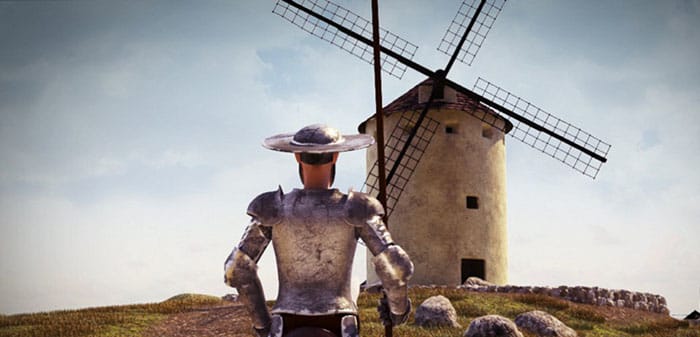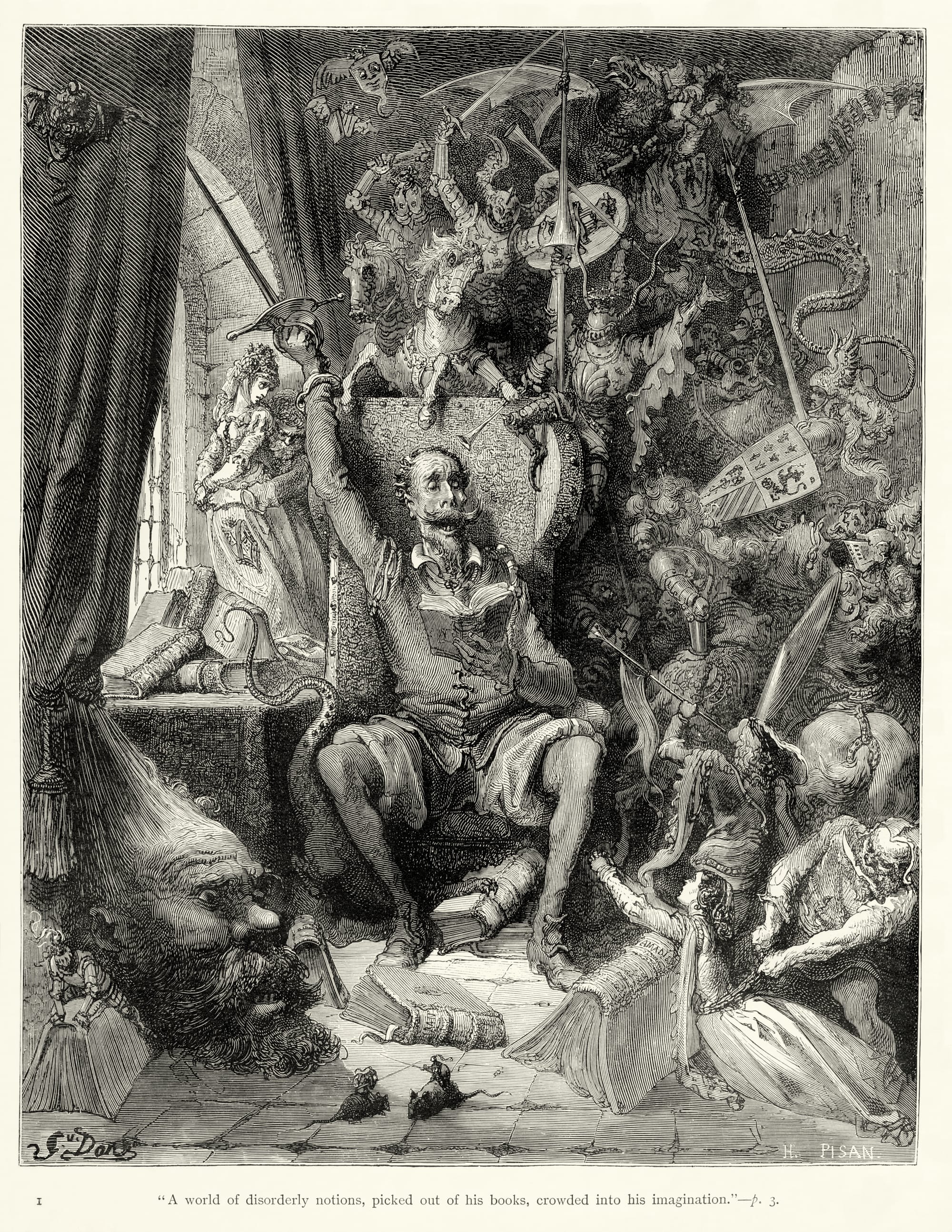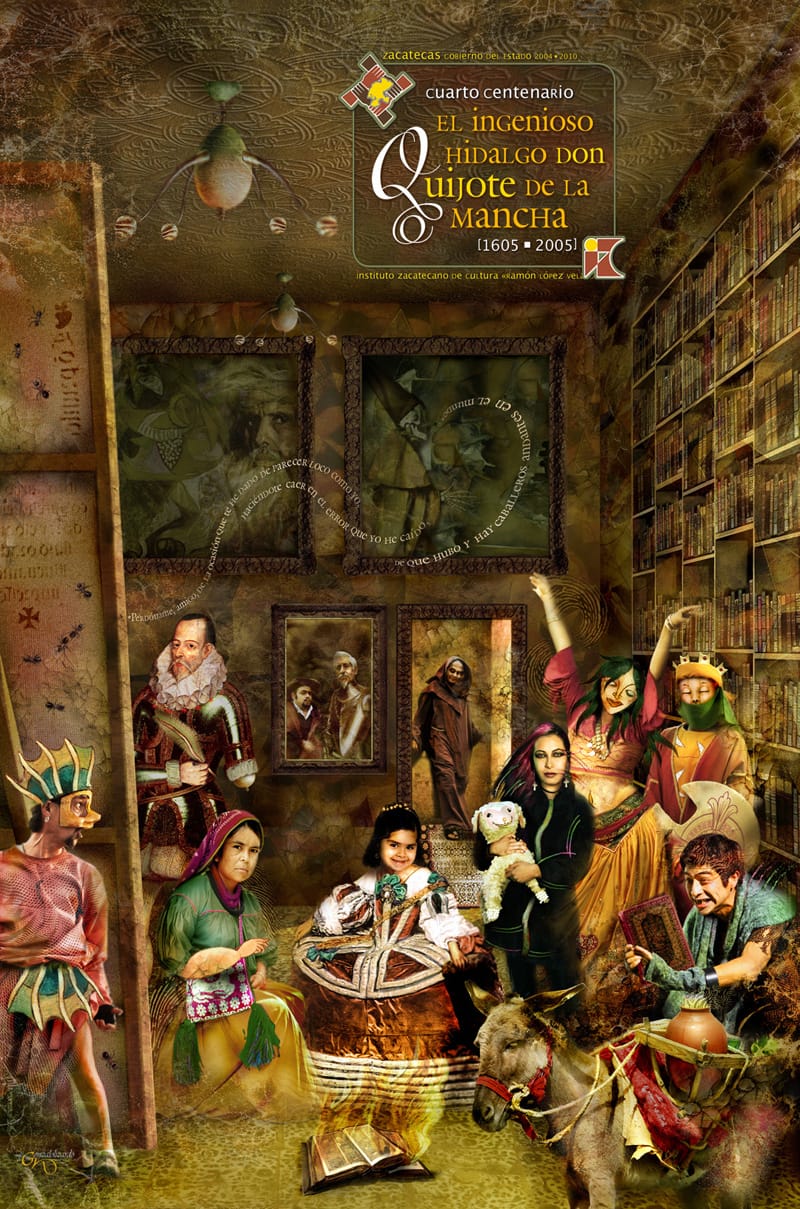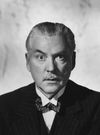'Don Quixote' and its dueling sequels

Many novels have inspired sequels, but how many have inspired them by people other than the original author, at least before the age of comics and spin-offs?
Cervantes’ Don Quixote (El ingenioso hidalgo don Quijote de la Mancha) appeared in 1605. Before he published his sequel, someone else got there first - in 1614 - Alonso Fernández de Avellaneda of Tordesillas. This was a pseudonym but no one has been able to figure out who Avellaneda was.
Not that it really matters. Avellaneda’s invading sequel (Segundo tomo del Ingenioso Hidalgo don Quijote de la Mancha) lacks the wonderful liberating comic spirit of the original. To provide but one example, Avellaneda maneuvers our hero into an insane asylum in Toledo and the set-up is supposed to be humorous, but it comes across as literal minded. If, that is, you were to even care about a fictional character… It’s more amusing, surely, to believe that we are all somewhat mad because we dream, rather than to believe that there are those of us who are sane and there are those of us who are not. Avellaneda evidently would have had the latter locked up. That said, I love the idea that he tilted his lances at Cervantes - it is a form of satire in its own right.

Cervantes surely never intended to write a sequel, at least at first. He thought the first one was just fine as it was - in four parts, just like Amadís de Gaula. But, by the time Avellaneda's sequel came out, he had almost finished his own. It is far superior.
There are lots of clever touches (in Segunda Parte del Ingenioso Hidalgo Don Quijote de la Mancha) that refer to Avellaneda's version. In Chapter 59, Don Quixote learns of Avellaneda’s annoying sequel and adjusts his travel plans to avoid going to Zaragoza, where Avellaneda had sent him (following a tip by Cervantes at the end of Part I). Cervantes sends him to Barcelona instead. Later he meets one of the "fictional" characters in Avellaneda's version! There are a lot of jokes like that.
But the story is fun too - I particularly like the schemes concocted by his friends to get him home. They send him into battle with the Knight of Mirrors (El Caballero de los Espejos), knowing that if he is defeated then he must retire, but Don Quixote defeats his challenger! So, later, the Knight of the White Moon (El Caballero de la Blanca Luna) shows up and this time he defeats the Don. But, both knights are really his bachelor neighbor Sansón Carrasco in disguise.
Other Don Quixote images here and here. Finally, because Don Quixote lives on today all across the world, below is a fun poster from México - Las Meninas slashed with Don Quixote - from 2005.

